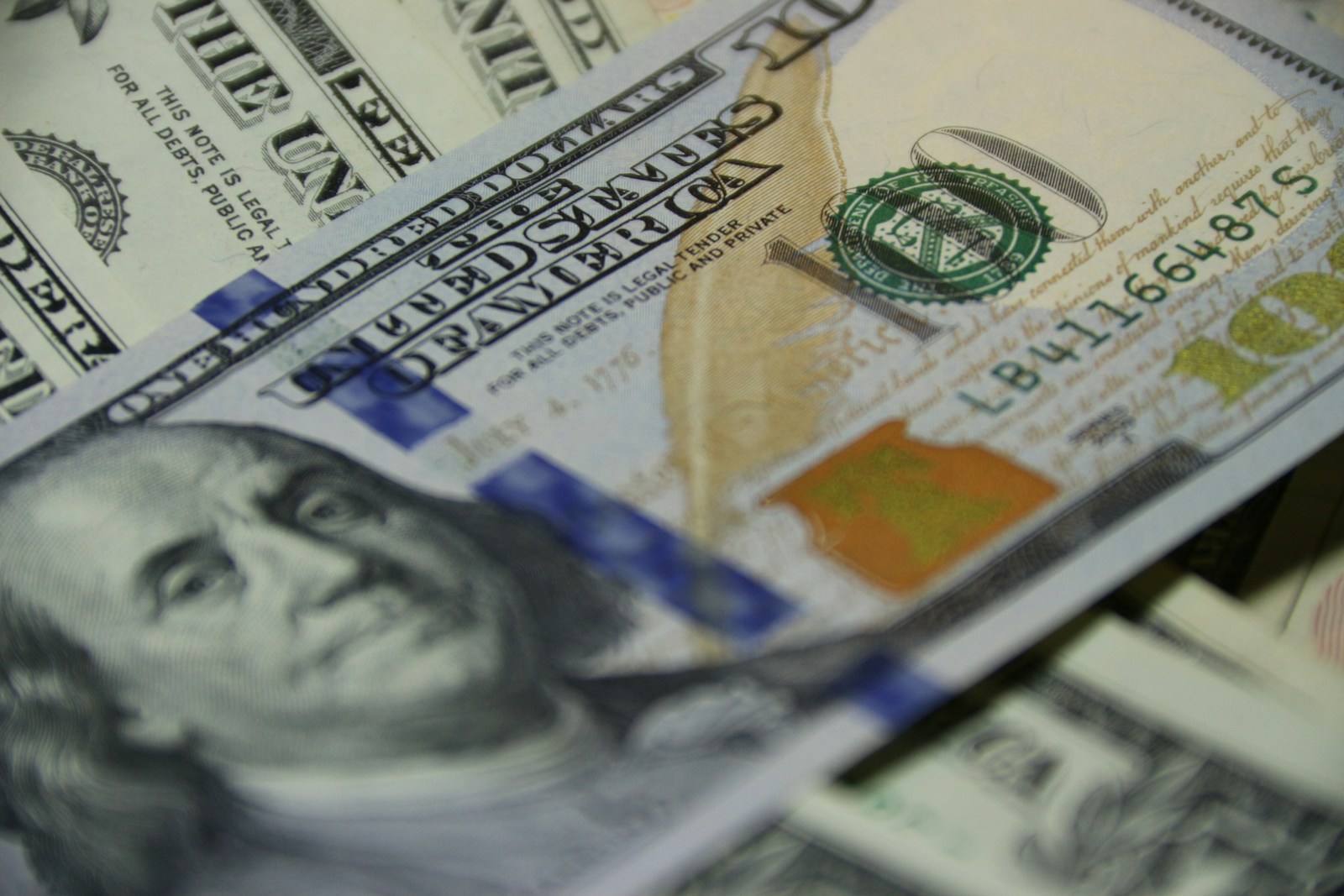Key Takeaways:
- The White House plans a steep new H-1B fee of $100,000 per visa application.
- The order aims to curb alleged abuse of the H-1B visa program by tech firms.
- New wage rules will target low pay for foreign specialists compared to Americans.
- Companies will need to decide if hiring foreign talent at high cost still makes sense.
- Changes could reshape tech hiring and spark debate over U.S. labor priorities.
Understanding the H-1B Fee Increase
President Trump will sign an order to boost the H-1B fee dramatically. The H-1B visa lets U.S. employers hire foreign workers with specialized skills. Normally, companies pay a modest application fee. However, the new plan would demand a one-time $100,000 surcharge for each H-1B petition. This hiked fee aims to ensure firms truly need foreign talent.
How the H-1B Fee Would Work
First, businesses would file their usual H-1B paperwork. Then they must add the new H-1B fee. As a result, the total cost leaps by tens of thousands of dollars. Moreover, tech giants that rely on these visas may feel the pinch most. For example, Silicon Valley companies often hire engineers from abroad. Now they must weigh whether that cost is worth it.
Why the White House Changed the H-1B Rules
The administration argues that some firms exploit the program to lower wages. In addition, critics say companies favor foreign hires over equally qualified Americans. Therefore, the new H-1B fee acts as a deterrent against mass petitions. At the same time, the president wants the Labor Secretary to set higher wage floors. This would prevent firms from undercutting U.S. pay scales.
Breaking Down the H-1B Program
The H-1B visa lets skilled workers stay in the U.S. for up to six years. Workers need at least a bachelor’s degree or its equivalent. Industries like information technology, engineering, and research rely heavily on these visas. In fact, about 85 percent of H-1B approvals go to tech companies. Thus, any fee hike hits this sector hardest.
Potential Impact on Tech Companies
Tech firms may rethink global recruiting. They could shift roles overseas or delay new hires. Moreover, startups with tight budgets face a tough choice. They either absorb the $100,000 H-1B fee or pass costs to investors. Even large firms might scale back expansion plans. As a result, some projects could stall, slowing innovation.
Effects on American Workers
Supporters say higher H-1B fees could open doors for U.S. graduates. If companies hire fewer foreign specialists, local talent may see more job offers. Furthermore, boosting wages lifts pay for everyone in similar roles. However, critics warn that skill shortages could worsen. For example, computer science programs in some regions lack enough graduates.
Industry and Lawmaker Reactions
Tech executives express shock at the size of the hike. They argue the sudden change disrupts business planning. Meanwhile, some lawmakers support the measure as a way to protect U.S. jobs. Others raise concerns about hurting the economy and driving talent abroad. In Congress, debates will likely focus on finding a middle ground.
Wage Level Reforms on the Horizon
Alongside the fee, the order directs the Labor Department to revise wage tiers. Currently, wages for H-1B workers vary by job level and location. Critics say low tiers let companies underpay foreign hires. Under new rules, the government could raise minimums for each tier. Consequently, firms would face higher annual salary costs, not just a one-time fee.
Global Reaction and Talent War
Overseas workers may view the U.S. as less welcoming. Consequently, more skilled professionals might choose Canada, Australia, or Europe. Those countries offer easier paths to residency and lower visa fees. In addition, global firms could relocate positions to friendlier markets. Thus, even sectors not tied to tech might feel ripple effects.
Small Business and University Concerns
Smaller companies worry the H-1B fee will crush their plans to hire expert staff. Universities, too, depend on foreign researchers and graduate students. Although academic H-1B petitions often pay a lower rate, the new fee could apply to them. Therefore, research projects might face budget shortfalls, hindering scientific progress.
What’s Next for the H-1B Fee Plan
After signing, the administration will publish draft rules for public comment. Then, the Department of Labor will propose new wage level regulations. This rule-making process could take months. In the meantime, companies may pause H-1B filings. Meanwhile, immigration lawyers will scramble to advise clients on strategy.
How Companies Can Prepare
Firms should review all pending and future H-1B petitions. They might explore alternative visas or remote work options. Additionally, companies could invest more in domestic training programs. This proactive approach reduces reliance on foreign specialists. Lastly, they could lobby lawmakers to adjust the fee or wage rules before finalization.
Conclusion
The looming H-1B fee jump marks a major shift in U.S. immigration policy. It combines a record $100,000 surcharge with reforms to wage levels. Consequently, tech firms will face hard choices on global talent strategies. American workers may win new opportunities, but skill gaps could widen. As the rule-making process unfolds, all sides will compete to shape the final outcome.
Frequently Asked Questions
What is the H-1B fee increase about?
The new rule adds a $100,000 charge to each H-1B application to discourage abuse.
Who pays the H-1B fee?
Employers must cover the fee when filing for a foreign worker’s visa.
How could the fee affect tech hiring?
Higher costs may lead tech firms to delay or reduce foreign specialist hires.
When will the new H-1B rules take effect?
After the president signs the order, drafts will go through review before final implementation.
